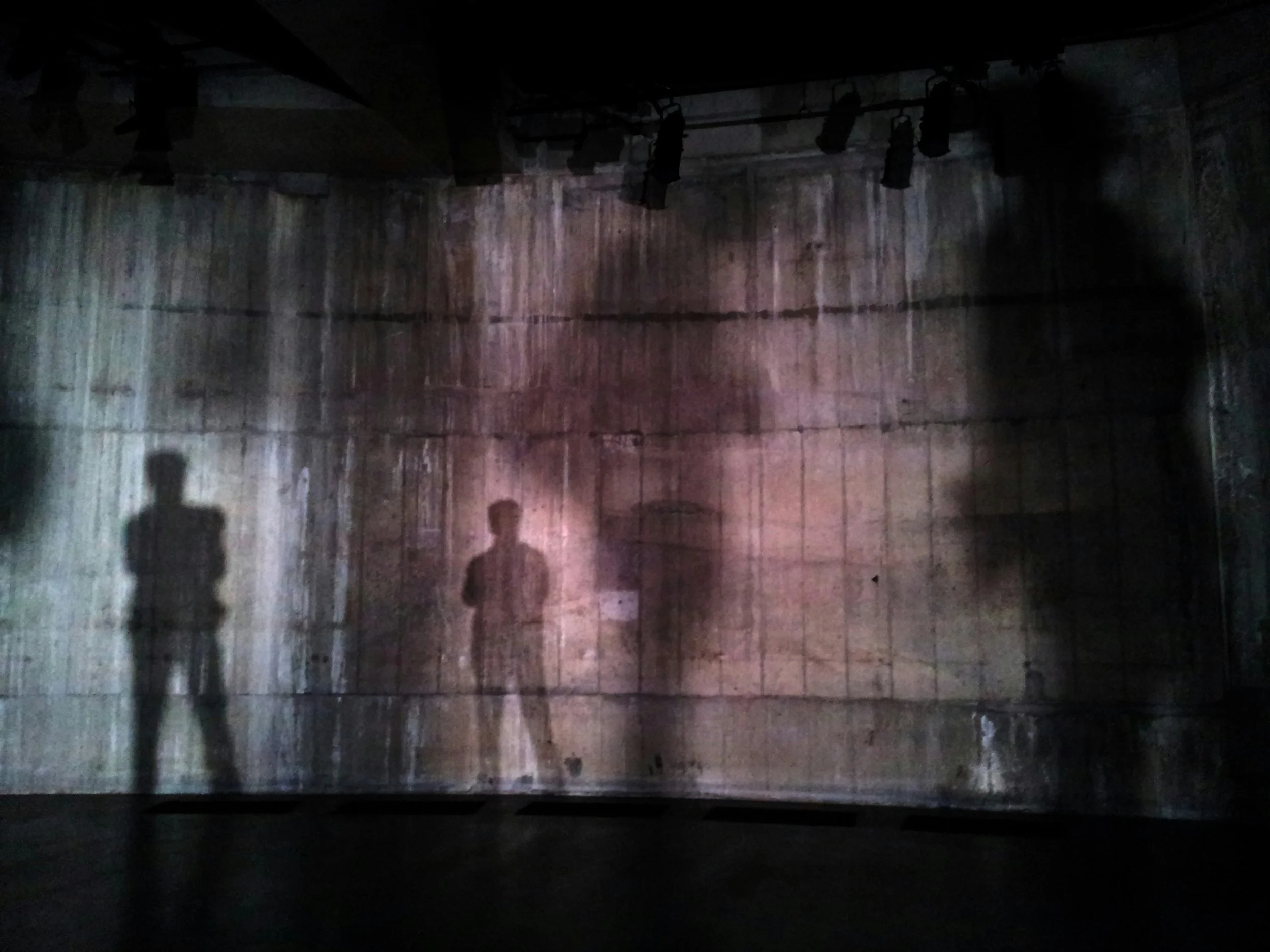How the horror genre can introduce us to God
Photograph by Marco Bianchetti via Unsplash
Nathan Perrin
I’m not a traditional pastor by any means, but nothing tends to throw off people more than finding out I’m a member of the Horror Writers Association. I also write regularly for the Kaidankai podcast, among many other horror publications. I have never seen a contradiction between my fondness for the genre and my faith.
My relationship with the horror genre began when I was a child. I used to smuggle in “Goosebumps” and, later, Stephen King and Dean Koontz books into my fundamentalist household. I remember many moments during worship when a pastor would talk about avoiding the genre because it was so “godless,” but what I was finding instead in these books was a genuine search for God. Most Christians aren’t aware that the horror genre, historically, has used Christian morality to teach about the consequences of our actions. This can be seen in any cheesy horror movie from the ’80s where the characters that die off are the ones who experiment with various vices, making any “Left Behind” book or Chick Tract blush. As a progressive Christian, I have an issue with this punitive theology as well — but that’s a different topic altogether.
However, when horror is done intelligently and forces the audience to confront the deeper, underlying questions about life and the universe, then it works as an effective means of exploring faith. For instance, I’ll never forget the day I discovered the novel “The Exorcist.” It genuinely frightened me. I was a Bible college student and I found it in the slim fiction section. I was expecting a mindless romp, and instead I was hit with theologically heavy and, quite frankly, shocking depictions of evil. It was so dense theologically that I ended up quoting a section in many of my sermons. Specifically, there is a scene in the novel where two priests discuss what evil actually looks like: not the demon-possessed girl in the other room, but in the cruel ways we treat one another. True evil is deceptive and doesn’t need theatrics to cause destruction. In the writing of this novel, William Peter Blatty, the author, set out to explore two mysteries: the mystery of evil and the mystery of goodness. It’s a book I have read twice, and, being the intelligent horror it is, it still sticks with me strongly. Of course, when this novel and the movie based on it came out, they were immediately criticized by the American church as being evil (despite reports of people returning to church because of the movie).
Horror gives us a safe space to process complex thoughts, and it does the church no good to avoid it entirely. The genre is a timeless arena for theological dialogue, as can be seen in so many of the classics that presuppose a Christian worldview.
Then of course there’s Stephen King’s “The Stand,” which was his take on Christianity. The novel is a classic story of good versus evil, playing on the rapture propaganda of the time. That novel also made me reflect on the questions of faith. King also inspired me further to combine religion and horror in a way that’s accessible and not cheesy. His zany creativity was the basis for one of my favorite thought experiments while writing horror: what if the fundamentalists are right? How would that look in reality? Pretty soon, we would end up with a God nobody wants to be associated with because he’s as cruel and merciless as any dictator. A God who requires us to surrender our humanity at the door, along with empathy and basic understanding of science and politics, is horrifying to think about — and we’re seeing the consequences of those beliefs in the rising tide of fascism. Honestly, pre-2016, I don’t think any horror writer could have narratively created a “Trump-president” believably because what’s happening in reality seems so outlandish and hard to believe.
Horror gives us a safe space to process these complex thoughts, and it does the church no good to avoid it entirely. The genre is a timeless arena for theological dialogue, as can be seen in so many of the classics that presuppose a Christian worldview. If horror isn’t your thing, that’s totally understandable. However, if you’re like me and enjoy reading the stories as well as exploring those complex ideas — I encourage you to explore the genre more. You may find God just as I did, lurking in between the shadows of spirits that were meant to haunt, which, in turn, can lead to affirmation of faith.
Nathan Perrin (he/him/his) is a writer and Anabaptist pastor in Chicagoland. He holds an MA in Quaker Studies and is a doctoral student studying Christian Community Development at Northern Seminary. His doctorate work centers on creating a writing program for nonprofits and churches to use to help under-resourced communities process trauma. His work has been published in the Dillydoun Review, Bangalore Review, Collateral Journal, Esoterica Magazine, etc. His forthcoming novella “Memories of Green Rivers” will be released in winter 2026 by Running Wild Press. He is also a screenwriter. For more information, visit www.nathanperrinwriter.com
The views expressed are those of the author and not necessarily those of American Baptist Home Mission Societies.
Get early access to the newest stories from Christian Citizen writers, receive contextual stories which support Christian Citizen content from the world’s top publications and join a community sharing the latest in justice, mercy and faith.

